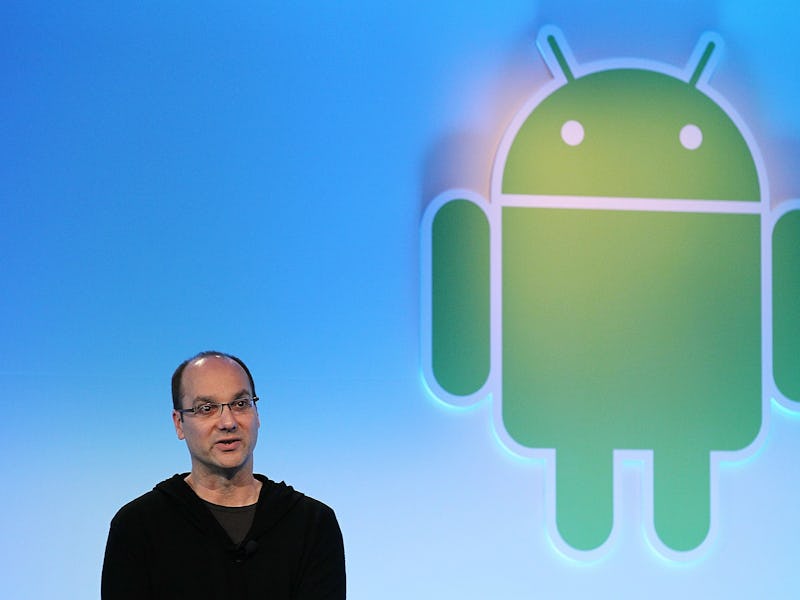Android's Andy Rubin Says the Future of Smartphone Tech Is A.I.
At Bloomberg's tech conference today, Android co-founder Andy Rubin talked about how artificial intelligence could change the way we use smartphones.

Today at Bloomberg’s Tech Conference in San Francisco, Android co-founder and robotics engineer-slash-mogul Andy Rubin took a little time to talk about the future of smartphone technology, and what artificial intelligence might do to serve developments over the course of the coming years.
Specifically, Rubin focused on how A.I. technology might simplify the way we use smartphones and related gadgets. Rubin said that a combination of quantum computing and A.I. advancements could help link all pieces of technology, and run them itself as a conscious intelligence. Basically, this kind of idea could put Siri out of work, but it also sounds just slightly like the plot of a robot invasion film, so the tech itself is a little dreamy at the moment, at least in these respects.
“If you have computing that is as powerful as this could be, you might only need one,” Rubin said. “It might not be something you carry around; it just has to be conscious.” Rubin’s investment firm, Playground Global, might very well help him reach that goal: Alongside his own development, his firm concentrates on investing in companies that can bring the proposed A.I. to life.
With his roots deep in A.I. development, Rubin explained that quantum computing and A.I. pair well thanks to many if their shared abilities, like pattern matching. “In order for A.I. to blossom and fulfill consumer needs it has to be about data … robots are walking mobile sensors, who can sense their environment and interact and learn from those interactions.”
The discussion closed out with a bit of reassurance from Rubin, who, as a huge sci-fi film fan, likely understands what the public might fear about their phone having an independent mind strong enough to run someone’s daily life. “You shouldn’t be worrying about Skynet coming online,” he said. “You should be worrying about what it means to compute at these magnitudes.” Rubin said that inspecting encryption could be a major part of what’s to come, but as of right now, no other developments have been made.